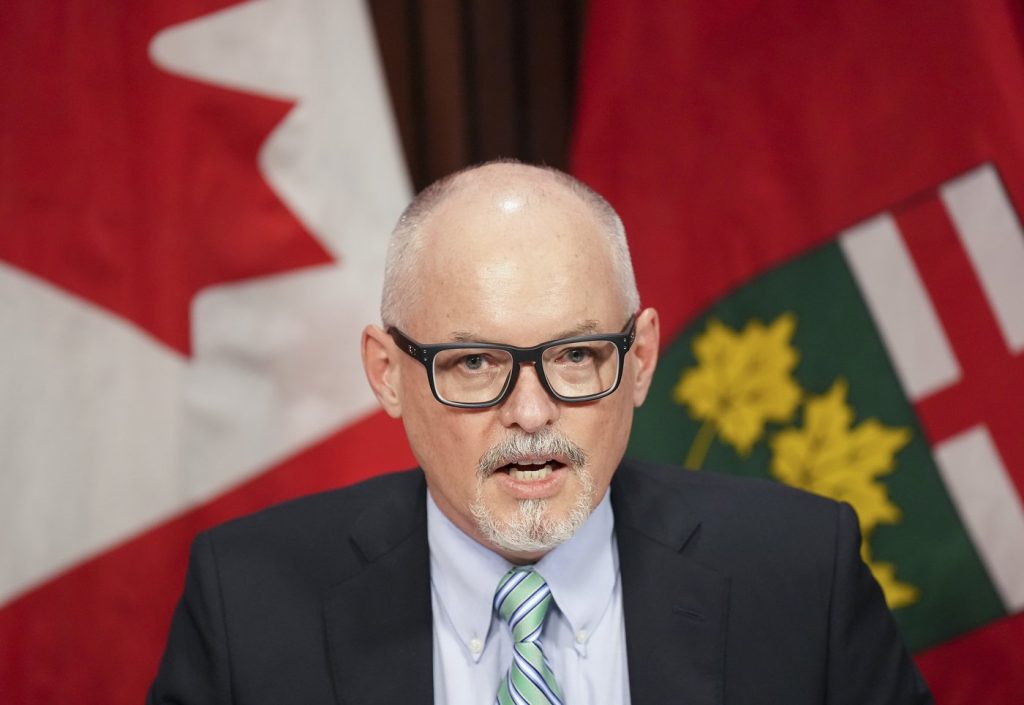City approves zoning of battery storage building

Posted Jan 24, 2025 01:47:28 PM.
Last Updated Jan 24, 2025 02:57:01 PM.
Changes have been made to the city’s Official Plan and zoning bylaws to create a building for storing electricity in off-peak hours from the grid.
The City of Ottawa’s Agriculture and Rural Affairs Committee approved the changes for Battery Energy Storage Systems (BESS), set to guide the land use policy direction for building battery energy storage systems in the nation’s capital, such as establishing a size limit.
BESS is an emerging technology using batteries to store extra energy from the electrical grid for future use. It works to make electricity systems more reliable.
It can draw and store energy from the grid during off-peak hours, absorbing electricity when demand is lower and discharging it back to the grid in periods of high demand, wrote the City of Ottawa in a news release.
It also provides backup power to individual sites and supports the provincial grid, the municipality added.
“Since phasing out natural gas fired power stations, the Ontario government has forecasted the need to expand the electricity grid to meet higher electrification of large energy consuming sectors, including transportation and manufacturing,” the city’s website reads.
While additional capacity is needed, the province is targeting renewable energy sources like solar, wind and storage.
“The current dominant battery storage technology for utility-scale BESS facilities is lithium-ion batteries, which are commonly used in mobile phones and electric cars,” noted the city.
According to Ottawa, the province regulates electricity generation supplies but municipalities have authority over new proposed renewable energy generation and storage projects, including BESS. The amendments approved on Jan. 23 will set policy direction for BESS, in both rural and urban areas.
Additionally, the city will be required to demonstrate that Ottawa Fire Services’ are satisfied with the design of each BESS facility, meeting effective fire and safety risk management. It will also be required to install fire prevention and suppression systems, as well as provide site-specific training for firefighters.
The report also provides an approach to managing future requests for Municipal Support Resolutions related with BESS. The Planning and Housing Committee will consider the approved report on at the Feb. 5 meeting and is set to be raised to city council on Feb. 12.
Additionally, the committee considered a report recommending Ottawa acquire a large rural property northwest of Old Birch Road and Ferry Road in Fitzroy Harbour — for environmental conservation efforts.
A supplementary report demonstrating lands outside and inside the urban boundary — which would benefit from added city protections and conservations — has been prepared by city staff.
In the next steps, staff will consult with rural councillors and present a report that provides more detail and an update on the criteria for acquiring natural lands in the rural area.
“The property occupies a significant section of the City’s Natural Heritage System core areas and linkage areas,” wrote the city. “While it is 60 per cent mature forests, about 40 per cent is pastureland that can be reforested — and the property has significant natural shoreline on the Ottawa River.”
This past December, the Finance and Corporate Services Committee suggested going ahead with the acquisition.
If approved, available funding in the Environmental Land Acquisition Budget will be directed toward acquiring these lands.








